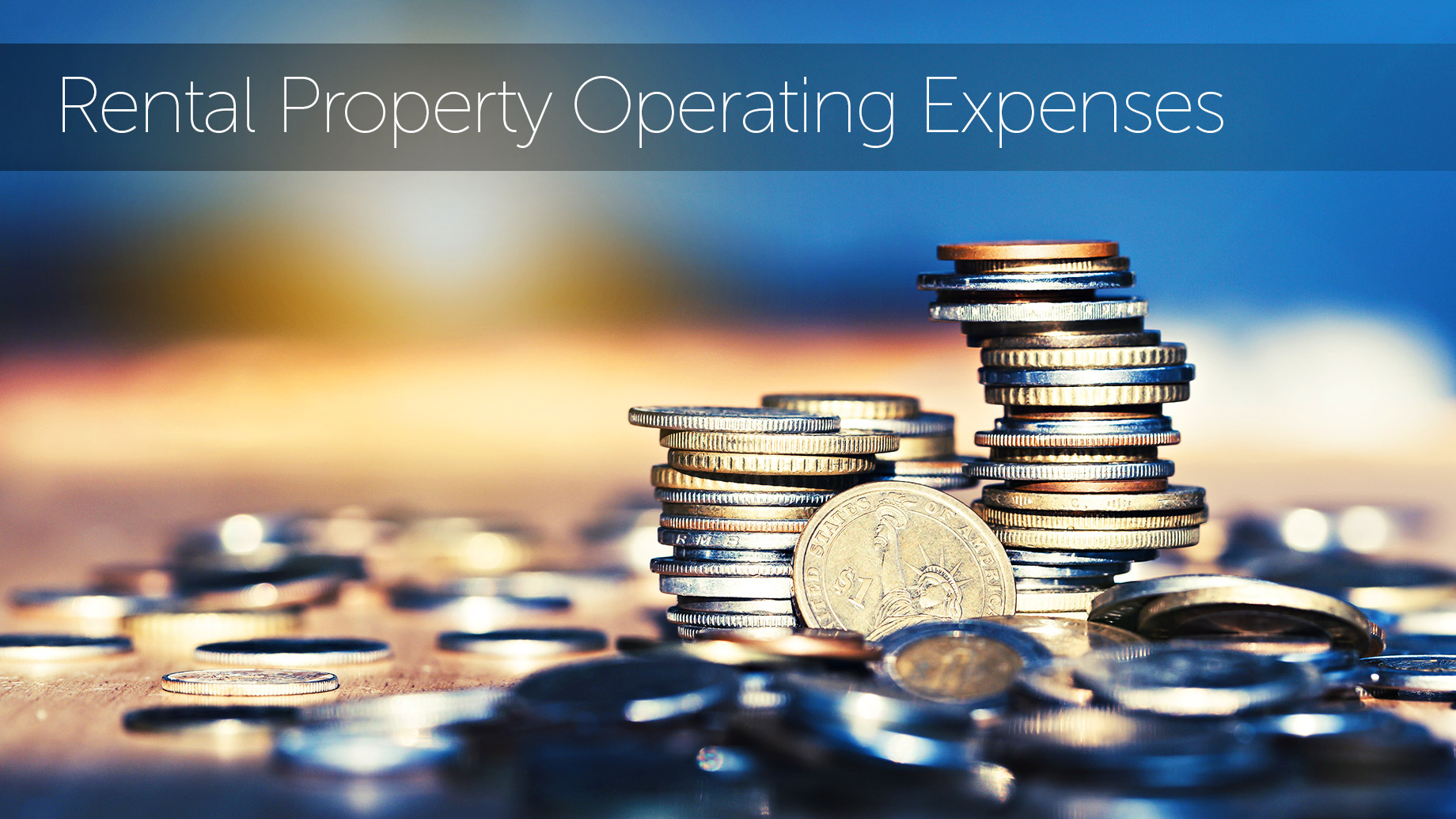
Your goal in investing in real estate should be to achieve a healthy cash flow—the amount you spend or take from your rental asset. But you will also reap other benefits of owning a rental property, such as tax breaks and appreciation. So, if you want your rental property to be profitable, you need to account for both the income and net operating expenses (NOI).
But if you’re a first-timer, it’s quite challenging to grasp what’s actually included in your rental property operating expenses. So, you must get up to speed with how to account for this factor in your investment as it will ensure your success.
What Are Rental Property Operating Expenses?
Your property’s operating expenses are the current costs you need to cover to maintain and keep your rental property fit for service. To put it another way, these outlays are crucial in the daily operations of your business. They are also vital in keeping your cash flow healthy and sustainable.
Operating expenses are essential and inevitable for most businesses, large and small. Some firms do succeed in reducing their operating expenses, giving them a slightly better edge than their competitors and increasing earnings. But making cuts to your operating expenses can also pose a problem on your property’s operations and integrity. So, you need to find a sweet spot to gain significantly better rewards.
Here are some of the costs that you would definitely want to INCLUDE in your property’s operating expenses:
- Property insurance
- Utilities
- Property taxes
- Water and sewerage fees
- Garbage collection
- Management costs
- Landscaping
- Property maintenance and repairs
- Servicing and maintenance of your property’s amenities, such as the pool
These are considered operating expenses since they can affect the daily operations of your property. They could also be a deciding factor among prospective tenants and guests since no one would choose to stay in a dilapidated rental apartment or house.
On the other hand, here are some examples of costs that you need to EXCLUDE from your operating expenses:
- Debt servicing
- Increasing your reserves
- Income taxes for investors
- Depreciation
- Capital improvements
These outlays should not be included in your rental property operating expenses since they are not concerned with your asset’s core operations. If you pay for your local and federal taxes, it will not affect your rental property’s net operating income.
What Is Net Operating Income?
The net operating income (NOI) is a formula that you can use to gauge the profitability of your rental assets. It is equal to all revenue that your property generates, but it’s deducted with all the necessary operating expenses you need to cover. Some larger businesses also use a different term, “EBIT“, which means earnings before interest and taxes to refer to NOI.
Aside from the income generated from rents, your asset might also make revenue from other amenities, such as vending machines, parking spaces, and laundry facilities. Also, most rental property maintenance expenses include operating and maintaining the property, insurance premiums, and legal fees.
NOI also helps you quickly determine your property’s capitalization rate (cap rate) or rate of return. Knowing this figure is crucial since it enables you to calculate your asset’s valuation, so you can compare two different properties straightforwardly if you want to buy or sell. If you’re currently looking for assets to invest in, you learn more about listed rental property operating expenses here.
If your rental property is financed, the NOI is also used to determine the debt coverage ratio (DCR). This is important to you and your lender as it lets you see whether a particular property’s generated income can account for its operating expenses and debt servicing.
Calculating Your Rental Property’s Net Operating Income

The formula that you need to use in calculating your rental asset’s NOI is:
- NOI = income generated by real estate asset – operating expenses
It is also important to note that NOI is a before-tax estimation, so do not include your taxes as an operating expense.
For example, here is some information from a supposed apartment building that an investor was renting out to generate revenue.
Revenue:
- Income from rents – $30,000
- Income from parking fees – $4,000
- Income from laundry facilities – $1,000
Total Revenue = $35,000
So, here are some made-up figures for the operating expenses of the apartment building.
Operating Expenses:
- Property management costs – $1,500
- Local and federal taxes – $6,000
- Maintenance and repair – $4,000
- Property insurance – $2,000
Total Operating Expenses = $13,500
In this case, the net operating income of the real estate asset is $21,500. It’s quite easy to calculate the operating expenses real estate assets incur.
The NOI can also be compared to the entire value of the real estate asset, especially if it has been paid entirely in cash. In this situation, you need to get a higher NOI-to-property value percentage to gauge if your investment is profitable.
One More Expense That’s Not an Expense
Being able to depreciate your rental asset is a huge benefit that you can take advantage of since you have a stable cash flow. But it should not be included in your real estate property’s list of operating expenses.
Also, the IRS allows all rental investors to depreciate a rental property for over 27.5 years. So, if you want to compute it, you subtract the value of the asset by the land value. After getting the difference, divide it by 27.5 (the number of years allowed by the IRS) to determine the yearly amount that you can use as a deduction from your tax dues.
Conclusion
Since rental property operating expenses do take up a significant percentage of the amount you need to cover for your real estate asset to run smoothly, they are critical in your venture’s success. The main reason behind this increased importance is because they can pose either significant risk or reward to both your NOI and yearly cash flow. These two measures are vital in improving your return on investment, so they should be on the top of your list when making investment decisions in the future.
For more interesting tips and information on real estate and business, browse our site!